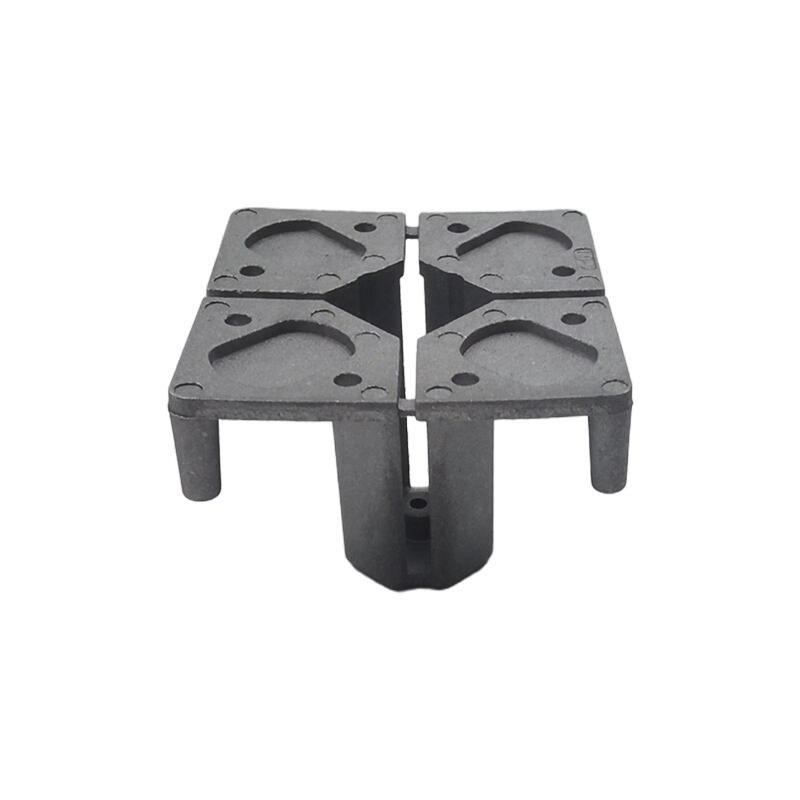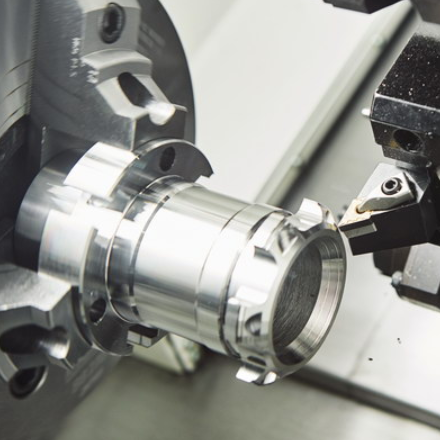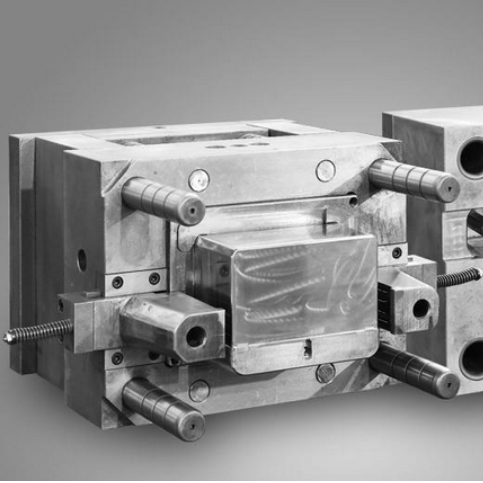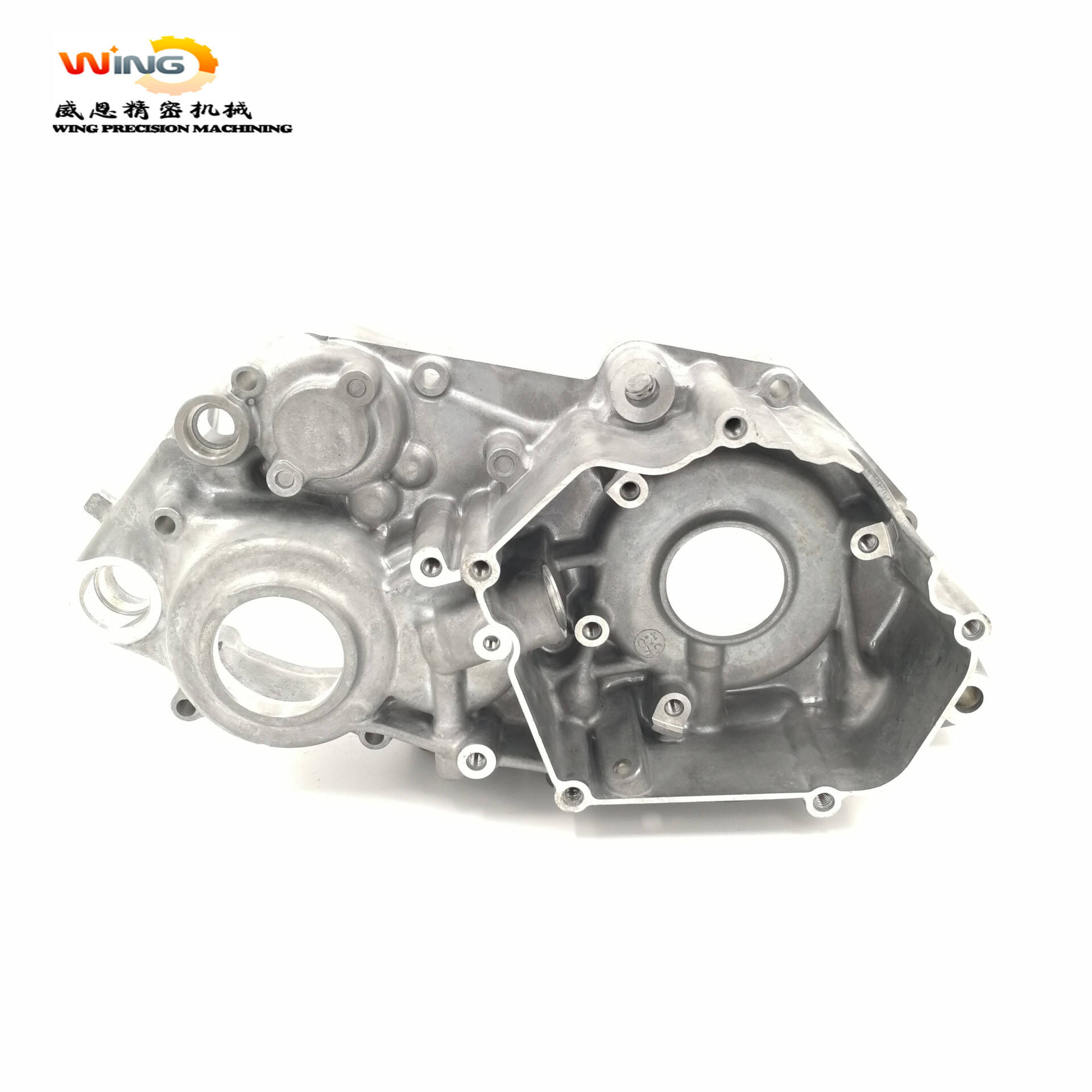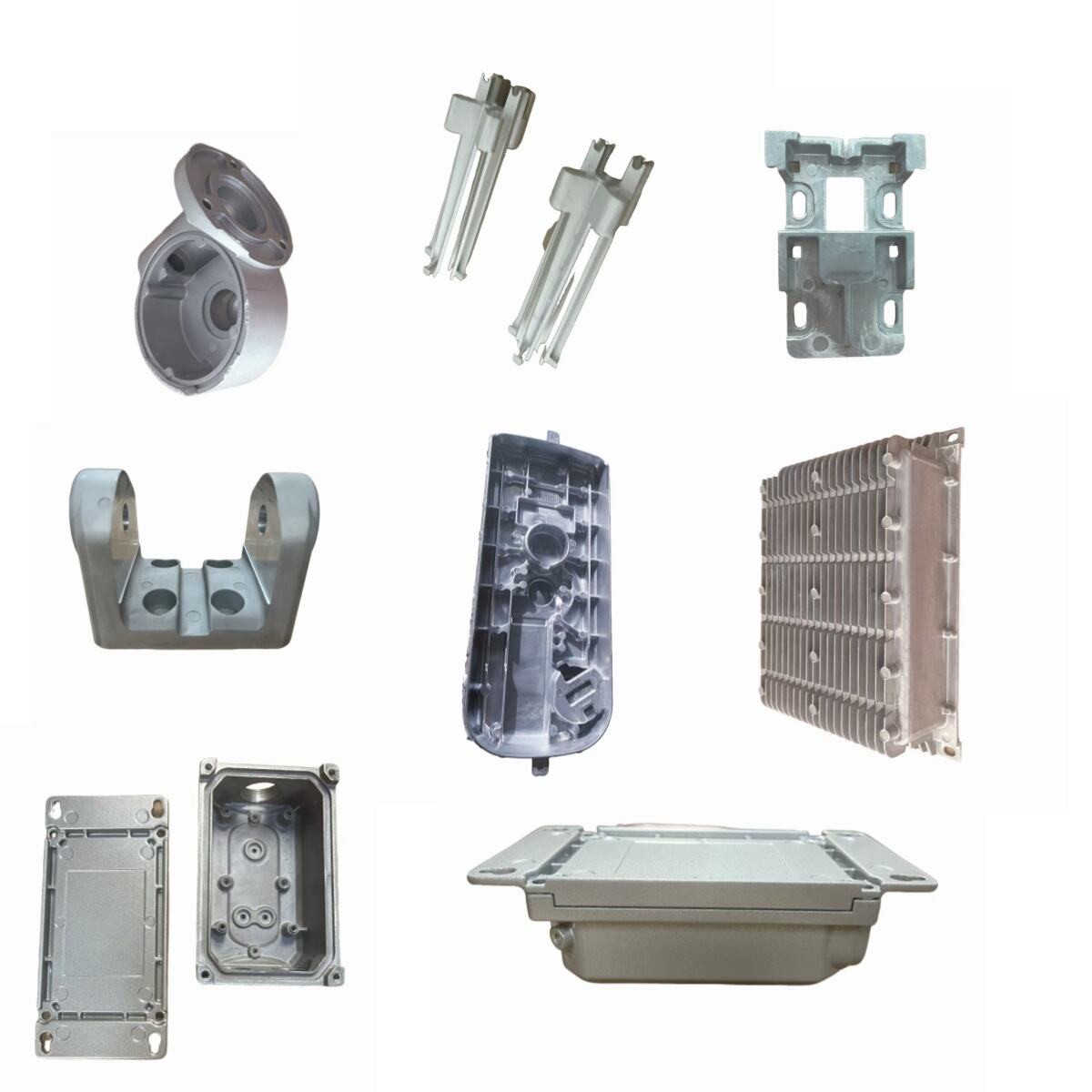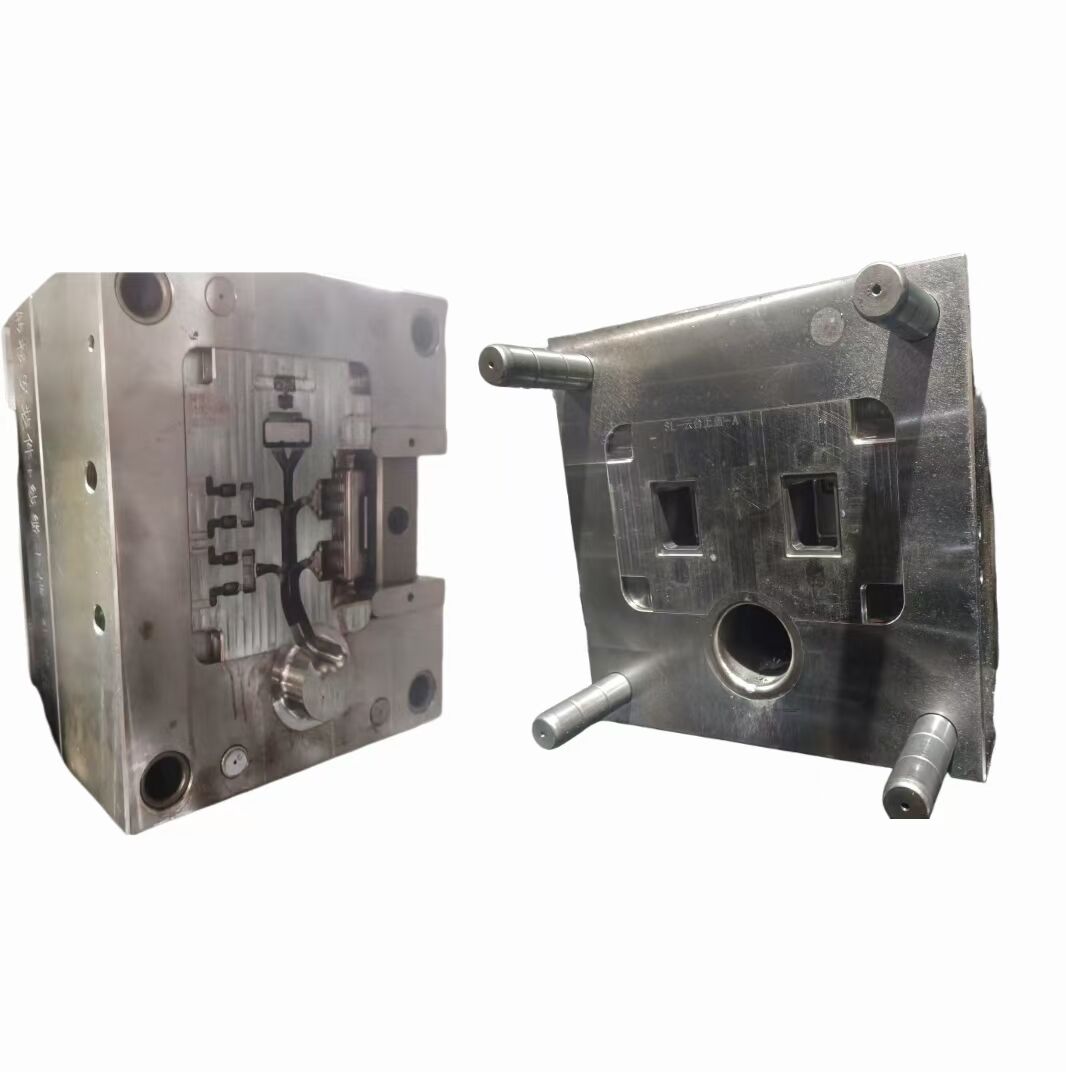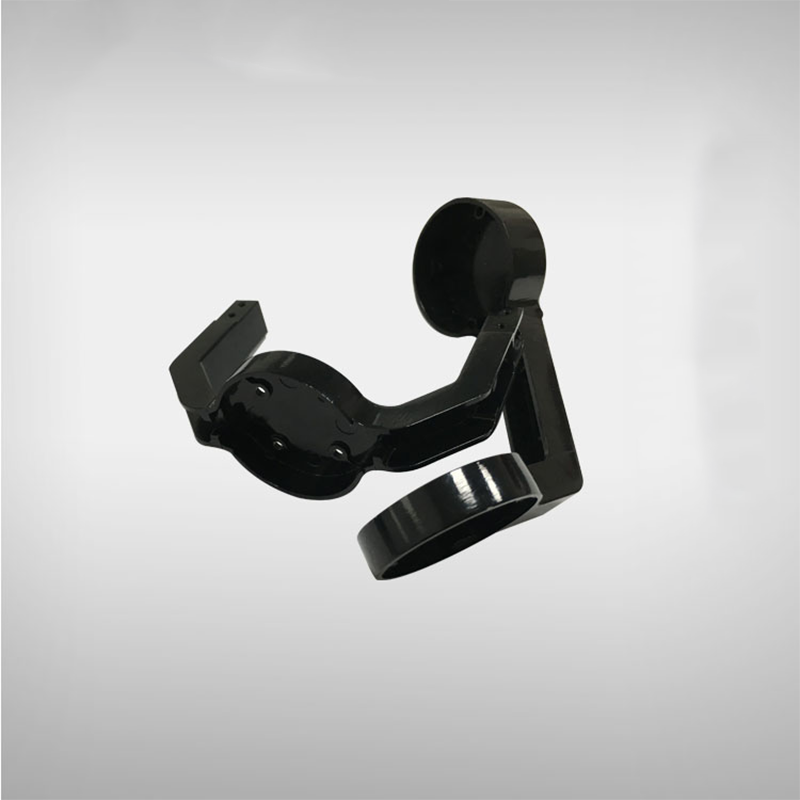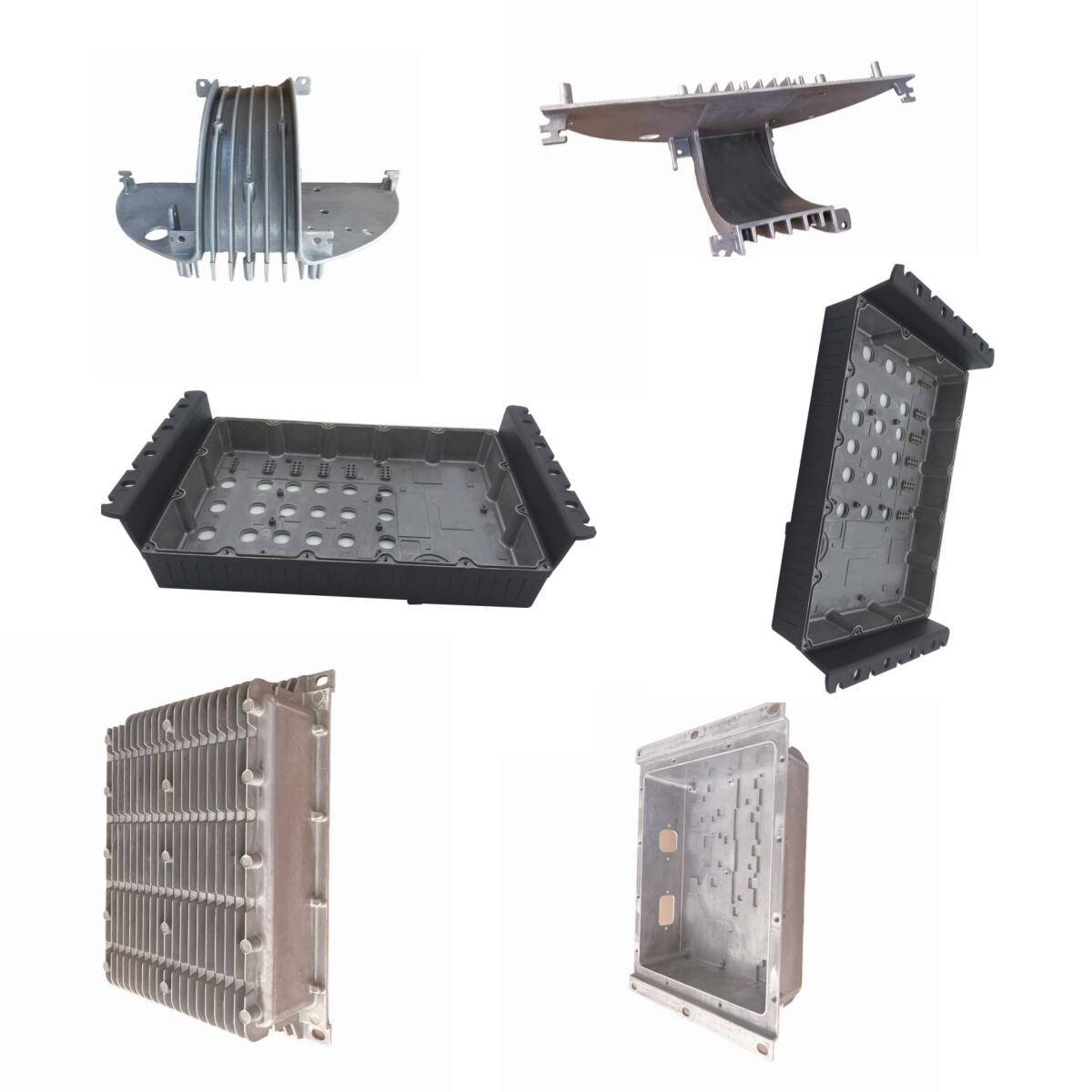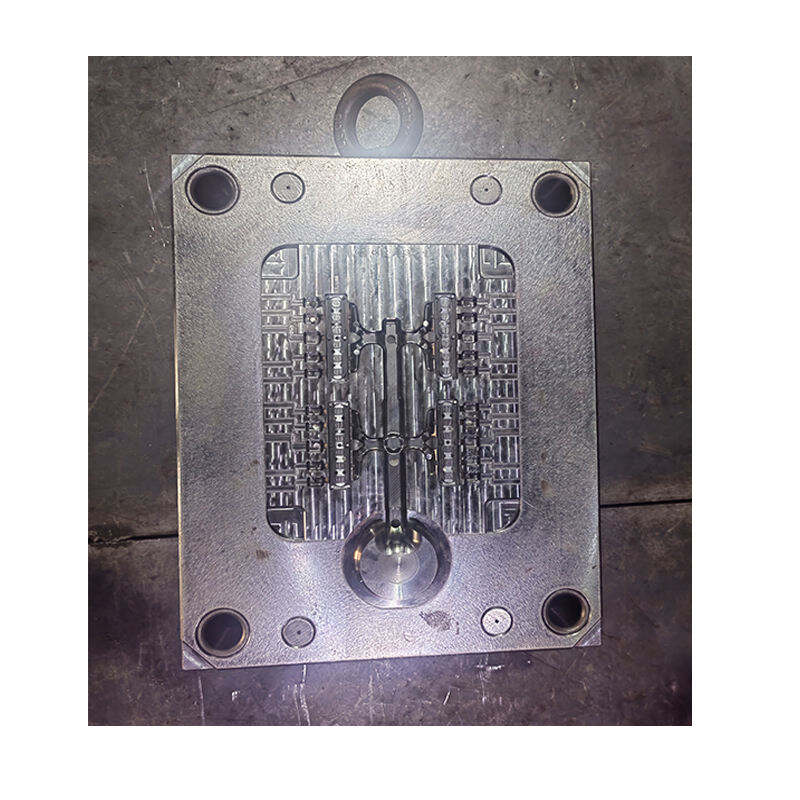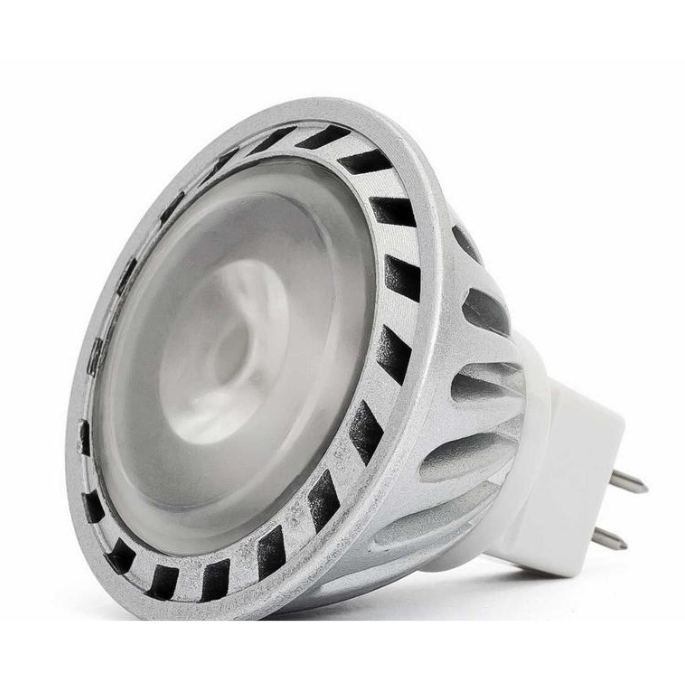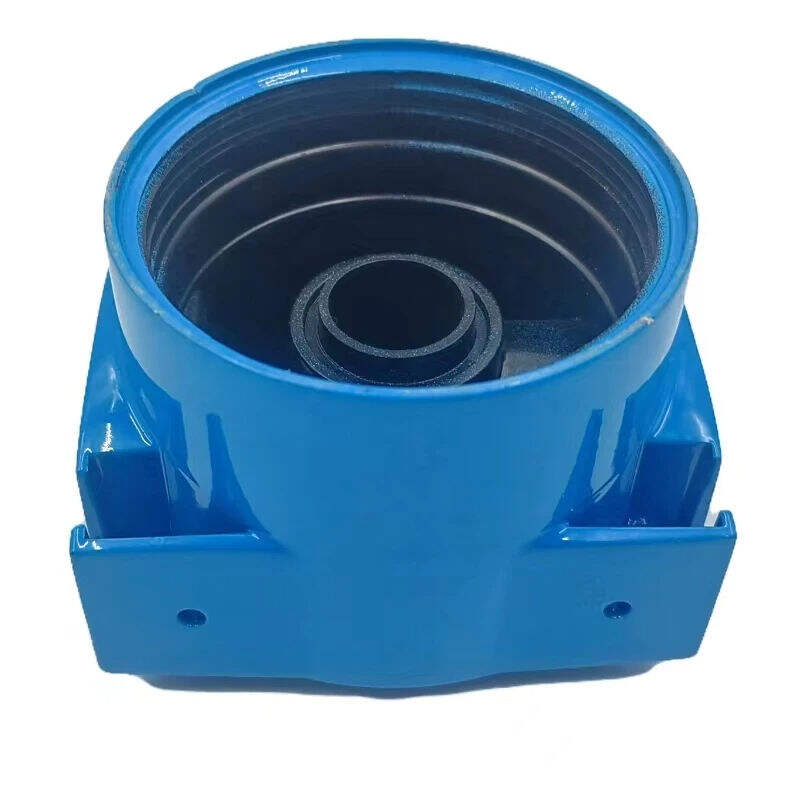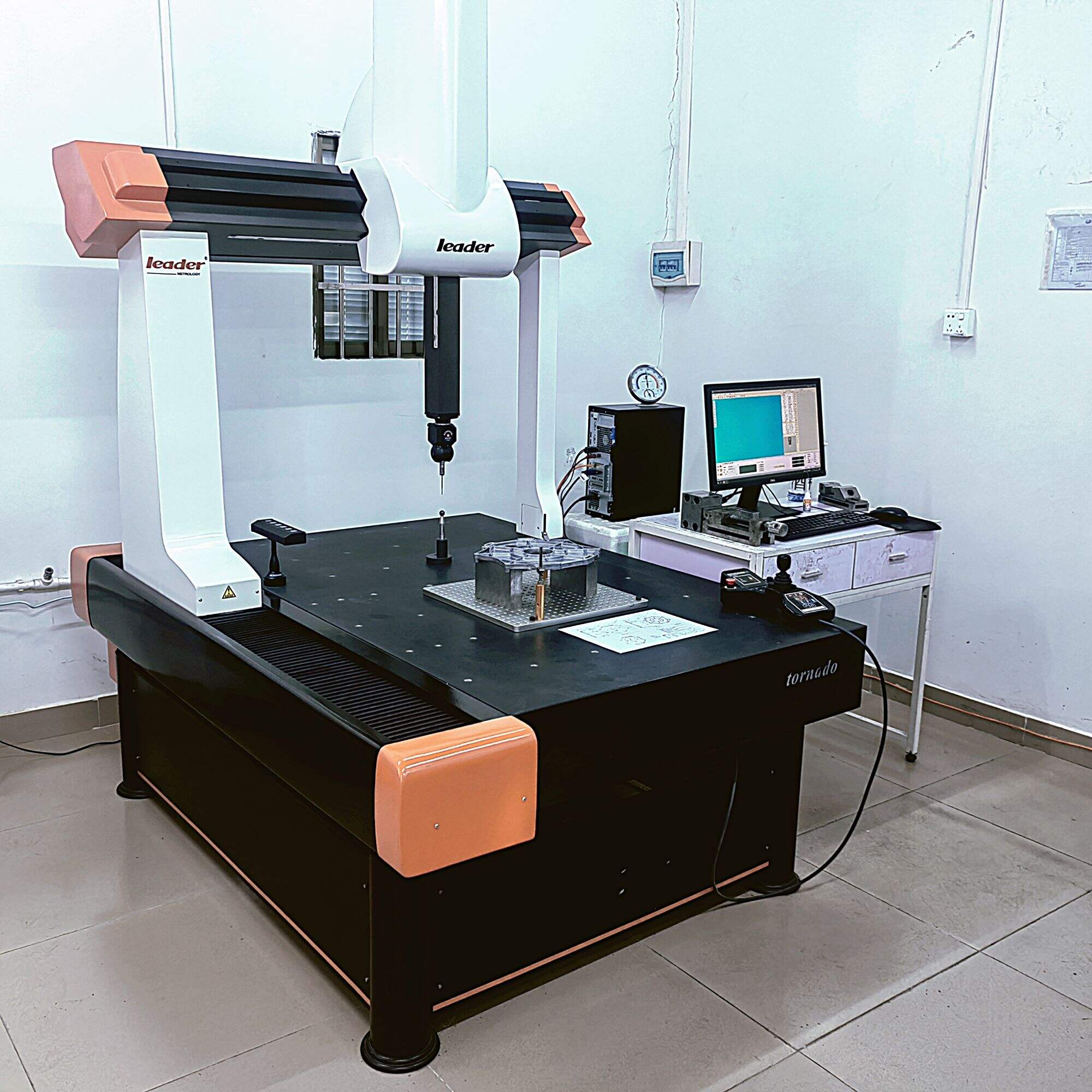The Role of CNC Machining in Modern Manufacturing
The Evolution of CNC Machining in Manufacturing
CNC machining represents a significant leap from traditional manual machining techniques, offering improved accuracy and minimizing human error. Traditional manual machining demanded immense skill and consistent precision from operators, which often led to variability in product quality. CNC (Computer Numerical Control) machining automates this process, using programmed software to guide precision tools, thereby ensuring uniformity in manufacturing. According to industry reports, the transition from manual to automated processes in machining not only reduces error rates but also enhances accuracy, leading to higher quality production.
The progression from manual to automated machining processes has streamlined workflows, drastically cutting down production time and amplifying quality. Key milestones in this evolution include the introduction of the first CNC machines in the 1950s, and by the 1980s, the development of more advanced control software, which significantly improved machine functionality. Another transformative step was the integration of CAD/CAM (Computer-Aided Design and Computer-Aided Manufacturing) technologies, allowing seamless design to production transitions. These technological advancements underscore a broader trend in the manufacturing industry toward enhanced precision and efficiency.
In recent years, the rise of rapid prototyping has further revolutionized CNC machining, allowing for faster iterations and improvements in design efficiency. This capability has been pivotal in industries like automotive and aerospace, where the quick development of prototypes can lead to innovative advancements and timely market entry. Through CNC machining, manufacturers can quickly produce and test parts, iterating as necessary to optimize designs and meet complex specifications. This iterative capacity not only enhances design quality but also accelerates the entire product development cycle, exemplifying the dynamic potential of CNC machining in modern manufacturing.
Why CNC Machining is Crucial in Modern Manufacturing
CNC machining has become indispensable in modern manufacturing due to its ability to deliver enhanced precision and consistency. High accuracy is paramount in industries like automotive and aerospace, where even the slightest deviation from specifications can lead to significant issues. CNC machines ensure every part produced meets exact tolerances, resulting in products of superior quality. This capability drastically reduces human error, a common challenge in manual machining endeavors.
Moreover, the adoption of CNC technology has proven to optimize resource usage significantly. According to industry statistics, companies employing CNC machining have reported material waste reductions by up to 30%. This efficiency not only benefits the environment by minimizing waste but also reduces costs, making manufacturing processes more economical. As a result, businesses can redirect savings toward innovation and growth.
Scalability is another compelling advantage of CNC machining, allowing manufacturers to swiftly increase production volumes in response to market demand without sacrificing quality. This flexibility ensures that companies can remain competitive, meeting consumer needs with rapid turnaround times. The capability to maintain consistent quality, regardless of production scale, further strengthens the relevance of CNC technology in today's fast-paced market.
CNC machining also plays a key role in rapid prototyping, supporting iterative design processes that speed up time-to-market. This technique enables designers to quickly produce and test prototypes, facilitating faster iterations and innovation cycles. Consequently, companies can bring new products to market more expediently, maintaining a competitive edge during product development. The importance of CNC machining in ensuring efficient and precise manufacturing processes is undeniably crucial in today's industrial landscape.
Applications of CNC Machining Across Industries
CNC machining plays a pivotal role in the aerospace industry, primarily due to its capability to produce complex parts with intricate geometries. These parts are essential for maintaining safety and performance standards, especially as global air travel demand continues to surge. In 2023, the aerospace sector experienced a significant increase in production, necessitating ultra-precise machining for materials like titanium and carbon composites.
In the automotive sector, CNC technology is indispensable for manufacturing components that require tight tolerances. This precision enhances vehicle performance by ensuring each part fits perfectly within the complex assemblies of modern vehicles. Notably, as the industry's focus shifts towards electric vehicles, the demand for CNC machining grows, aiding in the production of battery packs and lightweight components such as aluminum structures.
The medical device industry also significantly benefits from CNC machining's precision. The technology allows manufacturers to create highly accurate components that meet strict regulatory standards essential for ensuring safety and efficacy. CNC machining is critical in producing everything from surgical instruments to complex implants, supporting the industry's demand for rapid prototyping and high-quality assurance.
In electronics, CNC machining is vital for creating precise enclosures and connectors that require stringent quality control. These components support the robust functionality of modern electronic devices, highlighting CNC machining's relevance in maintaining the high standards of precision and consistency demanded by the industry. The ability to produce small, intricate parts efficiently demonstrates its role in advancing electronic innovations further.
Top CNC Machining Products and Services
CNC Milling Parts LD-X
CNC Milling Parts LD-X are celebrated for their unparalleled precision and robustness, making them an exceptional choice for various industrial applications. These components are meticulously crafted using advanced five-axis turning and milling technologies, ensuring their capability to withstand rigorous conditions, particularly within the automotive sector. This high level of precision is critical for parts that must meet stringent specifications and endure high-stress environments. These qualities make CNC Milling Parts LD-X an ideal solution for applications that demand both resilience and exactitude.
CNC Machining Service
CNC machining service providers excel in offering tailored solutions that align meticulously with client requirements, guaranteeing both efficiency and cost-effectiveness. This service caters to a wide array of materials, displaying its versatility by serving diverse applications from auto parts manufacturing to household appliances. The ability to customize machining processes to such a degree ensures that even the most complex design needs can be met with precision, allowing for the fast-tracked creation of high-quality, exact-fit components.
Precision Die Casting Service
Through precision die casting service, CNC machining is employed to craft high-quality metal parts with intricate designs and tight tolerances, essential for demanding industries. Such services are invaluable in sectors like aerospace and automotive, where component durability cannot be compromised. The exceptional quality of parts produced, combined with the capability to manage detailed and precise fabrications, underscores CNC machining's pivotal role in ensuring consistency and robustness across industries known for their rigorous standards.
Motorcycle Engine Cover Crankcase Machining
Motorcycle engine cover crankcase machining is instrumental in enhancing engine efficiency and performance. Utilizing CNC technology guarantees consistent quality, which is critical for high-performance racing motorcycles where precision and reliability are paramount. By ensuring each component is machined with accuracy, CNC technology allows for the production of parts that maintain optimal engine temperatures and reduce wear, reaffirming its critical role in the durability and efficiency of motorcycle engine systems.
The Future of CNC Machining in Smart Manufacturing
The future of CNC machining in smart manufacturing is being transformed by its integration with the Internet of Things (IoT), allowing for real-time monitoring and adjustments. This capability greatly enhances operational efficiency by enabling machines to communicate and collaborate seamlessly, reducing human intervention and error. For instance, a CNC machine equipped with IoT sensors can detect anomalies in production processes, ensuring consistent quality control and timely maintenance interventions.
Artificial Intelligence (AI) technologies offer further optimization in CNC machining by revolutionizing production schedules and predicting maintenance needs. With AI, manufacturers can anticipate equipment failures before they occur, minimizing downtime and maintenance costs. AI-driven analytics also enable companies to refine production strategies, enhance quality assurance, and reduce wastage. These innovations are crucial in competitive sectors such as auto parts manufacturing and aerospace, where precision and reliability are paramount.
Moreover, future trends indicate a robust focus on sustainability within CNC machining, as industries evolve to utilize environmentally friendly materials and practices. This shift is driven by both regulatory pressures and consumer demand for greener products. Techniques such as rapid prototyping and logistics automation can significantly reduce material waste, aligning manufacturing processes with global sustainability goals. Research shows that companies embracing these technologies are likely to see marked improvements in both output and environmental performance, reaffirming the vital role of CNC machining in the future of smart manufacturing.

